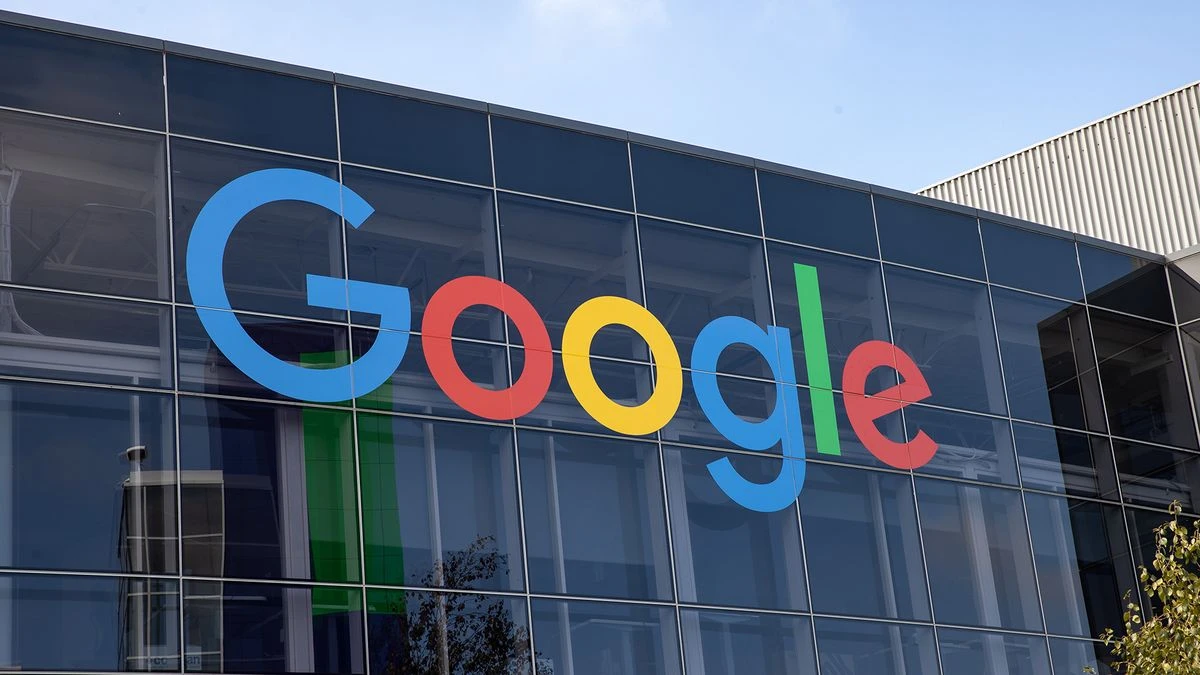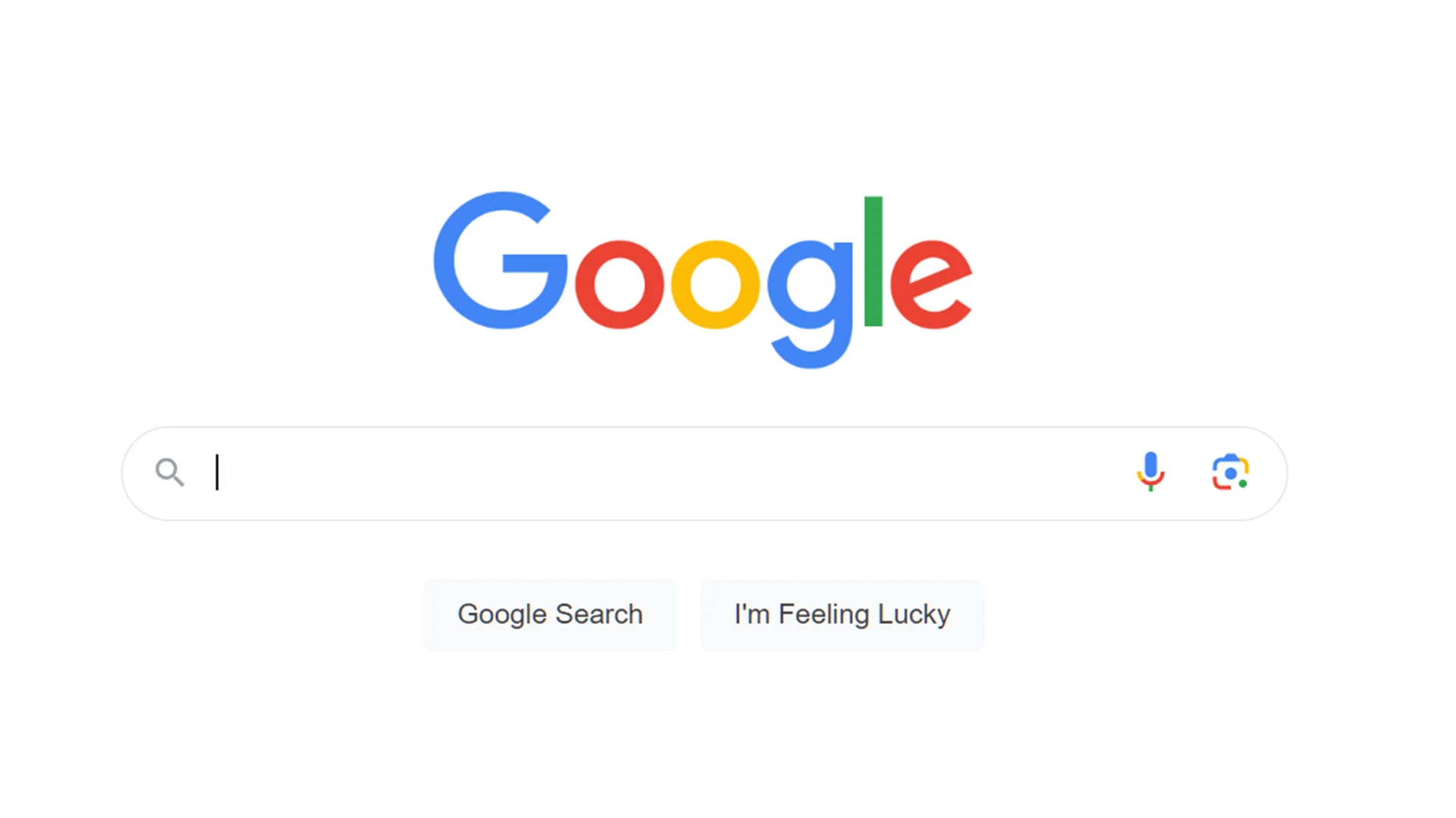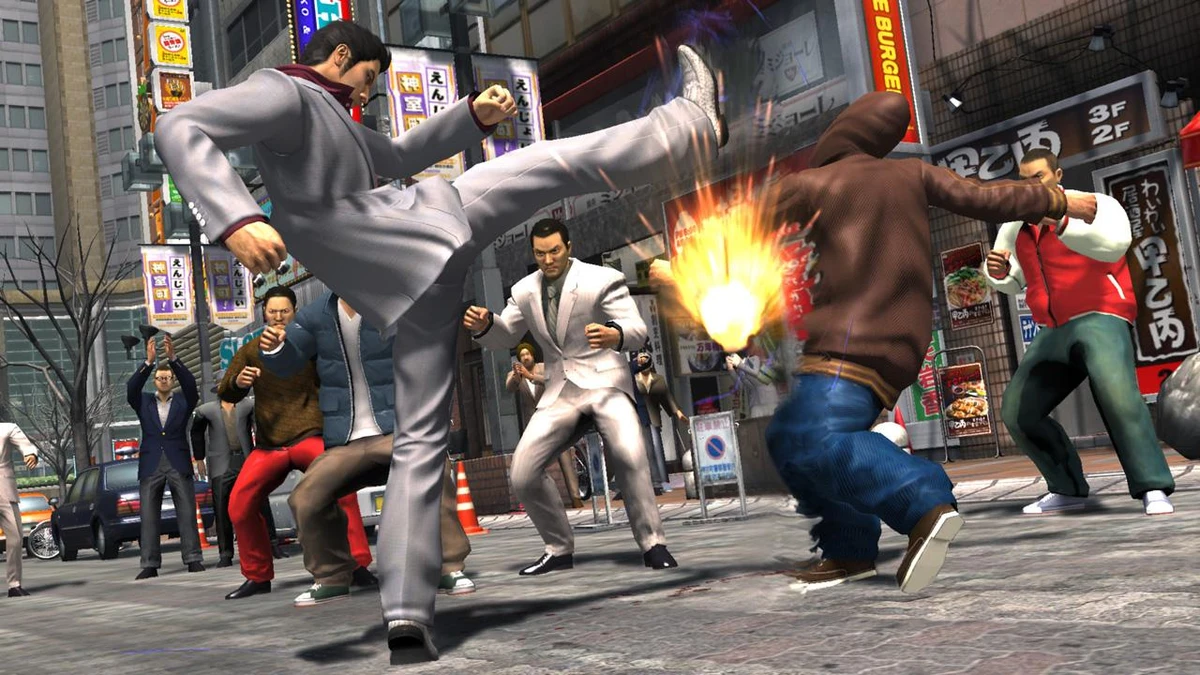Judge rules that Google is a monopolist in his ruling on exclusive deals to have Google Search available on all platforms at all times
A US judge ruled that Google had violated antitrust laws by using exclusivity agreements in order to maintain a search engine monopoly.
District Judge Amit Mhta stated in the court ruling: "Google violated Section 2 (Security Act) by maintaining a monopoly on two product markets, general search services and text advertising in the United States through its exclusive distribution agreements."
These "exclusive distribution agreements", are deals like those Google made to be selected as default search engine on various platforms. This includes Apple's Safari browser and Firefox, Android phones and some US carriers.
Mehta's ruling says "The default is very valuable real estate."
Dr Whinston was one of the plaintiffs' experts. He found that "50% all queries in the United States run through default search access points covered under the challenged distribution agreements." Google did not dispute the claim.
In a 286-page ruling by Judge Mehta, the judge explains that Google not only has a monopoly but also sought to engage in practices designed to exclude or maintain it, i.e. In a lengthy 286-page ruling, judge Mehta lays out that not only does Google have monopoly, but it also looked to engage in practices to exclude or maintain its monopoly. It also claims that Google was unable justify the exclusivity deals.
"After carefully weighing and considering the witness testimony and the evidence, the court comes to the following conclusion: Google has acted like a monopolist in order to maintain its monopoly. It has violated Section 2 the Sherman Act.
It continues, "Google's agreements for distribution are exclusive and have an anticompetitive effect." It also claims that it uses this monopoly to charge “supracompetitive rates for general search text advertisements”, i.e. It also states that it uses this monopoly to charge "supracompetitive prices for general search text ads", i.e. It claims that Google was able "to increase text ad pricing without any meaningful competition constraint."
It's not just bad for Google. The court also found the company did had no monopoly in search advertising. The court also stated that the search engine giant is "widely acknowledged as the best GSE in the United States."
There's a silver lining? Google's defense was based on this argument. It claimed that it was a better product than other search engines.
Apple's Senior Vice-President of Services, Eddy Cue is quoted in the ruling as saying: "[T]here was no price Microsoft could offer [Apple] to switch to Bing."
Google avoided a slap of the wrist as well for its decision to delete many internal chat messages.
"Any company that places the burden on its employees to identify relevant evidence and preserve it is doing so at their own risk. Google avoided sanctions in the case. Mehta says that Google may not be as lucky in the future.
It won't stop Google from appealing the ruling. Kent Walker, Google's president for global affairs, said (via The Guardian) that the ruling recognized that Google is the best search engine but concluded that it shouldn't be made easily available.
Merrick Garland, the US Attorney General, called the ruling "a historic victory for the American people". The White House applauded this decision as well.
We don't yet know what Google's possible repercussions will be. The ruling does no mention any fine or action. Google's business can't continue as it is, and this could be a major deal for the internet business. This is a topic that I've been eager to discuss, especially in relation to AI. Although it's only a small part of the story, Google and others are using it extensively, and this could lead to further inequalities.





Comments